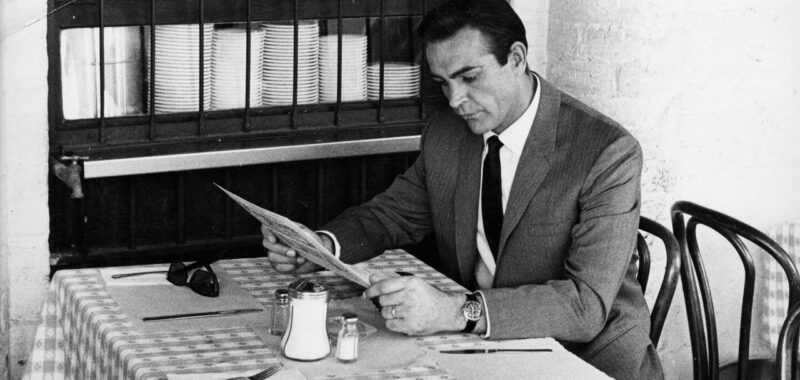Few lifestyle choices come with as much cultural baggage as when to eat dinner. There are all the national stereotypes: Americans eat early, Italians eat late, and Spaniards eat even later. An early dinner opens up the evening. A late dinner can be an event in and of itself.
But is there a best time to eat dinner from a health perspective? Sort of. What you definitely want to do, says Valter Longo, director of the Longevity Institute at the University of Southern California, is finish your food at least three hours before you plan to go to sleep. If your usual bedtime is midnight, for example, you’ve got a 9 pm deadline.
This is because eating too late can disrupt the circadian rhythms which govern how our body transitions from day to night and back again. “If you push your dinner later and later, the message to your system is [that] you should still be active,” says Longo. It might negatively affect your sleep (the same way being exposed to bright light before bed will do) and how efficiently you burn calories.
When you eat dinner also dictates the total time you fast between the last meal of one day and the first one of the next. This is what “time-restricted eating”—a type of intermittent fasting that involves keeping all your day’s meals in a window of 12 hours or less—is concerned with, says Adam Collins, associate professor of nutrition at the University of Surrey. If you extend your overnight fast between dinner and breakfast, “then you’re allowing your body to go into the more catabolic phase, where you’re shifting to oxidizing fats. You’re training the body to do what it’s designed to do: burn carbs when you’re eating carbs, and then burn fat when you’re not.” This can help with weight loss and is generally good for your metabolic health.
Should eating in a restricted window mean making your breakfast later or your dinner earlier? “The consensus seems to be that you get more bang for your buck if you restrict your calories to earlier in the day,” says Collins. “That makes sense from a circadian perspective, because you’re geared up to deal with food in the early period of your active phase.”
The most common habit among centenarians, says Longo, is a “light dinner” early enough to allow 12 hours to pass before breakfast the following day. Eating less later in the day sounds healthy too, at least if we believe the old saying instructing us to “eat breakfast like a king, lunch like a prince, and dinner like a pauper.”
This isn’t always realistic. “It’s quite difficult to eat a big breakfast because you just haven’t got the hunger,” says Collins, partly because your body has “started to export glucose out into the blood” as you wake up, so your energy levels are already high. And given that many people have sandwiches for lunch—how many of us have cooked meals the office?—it’s inevitable that most of us calorie load in the evening.

